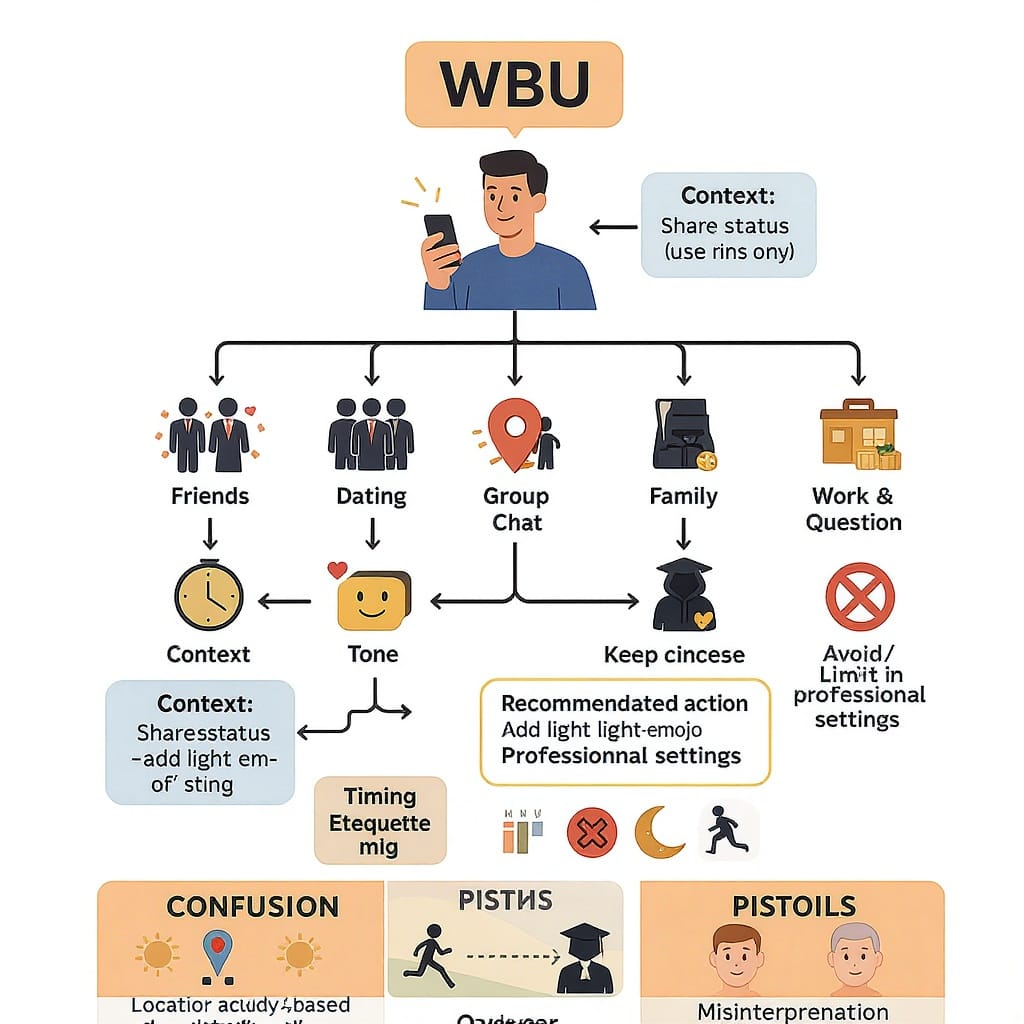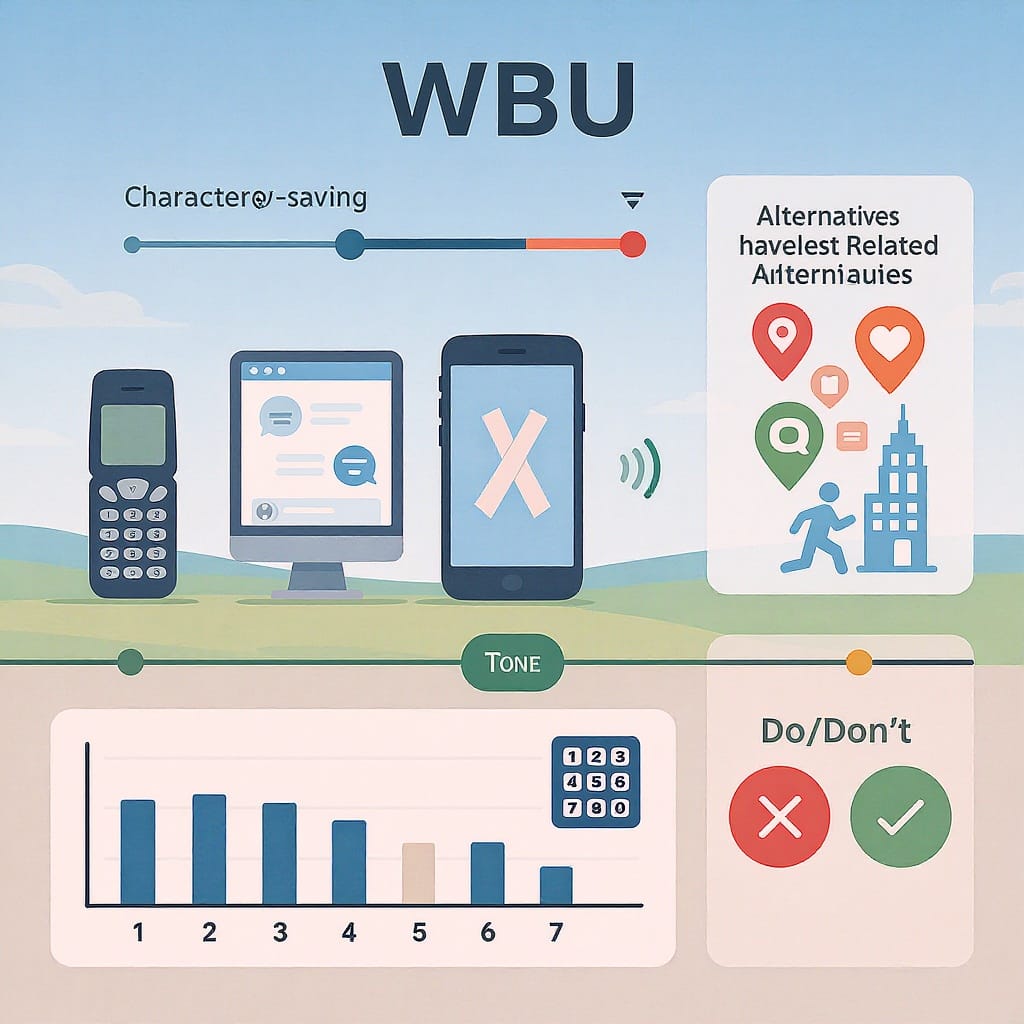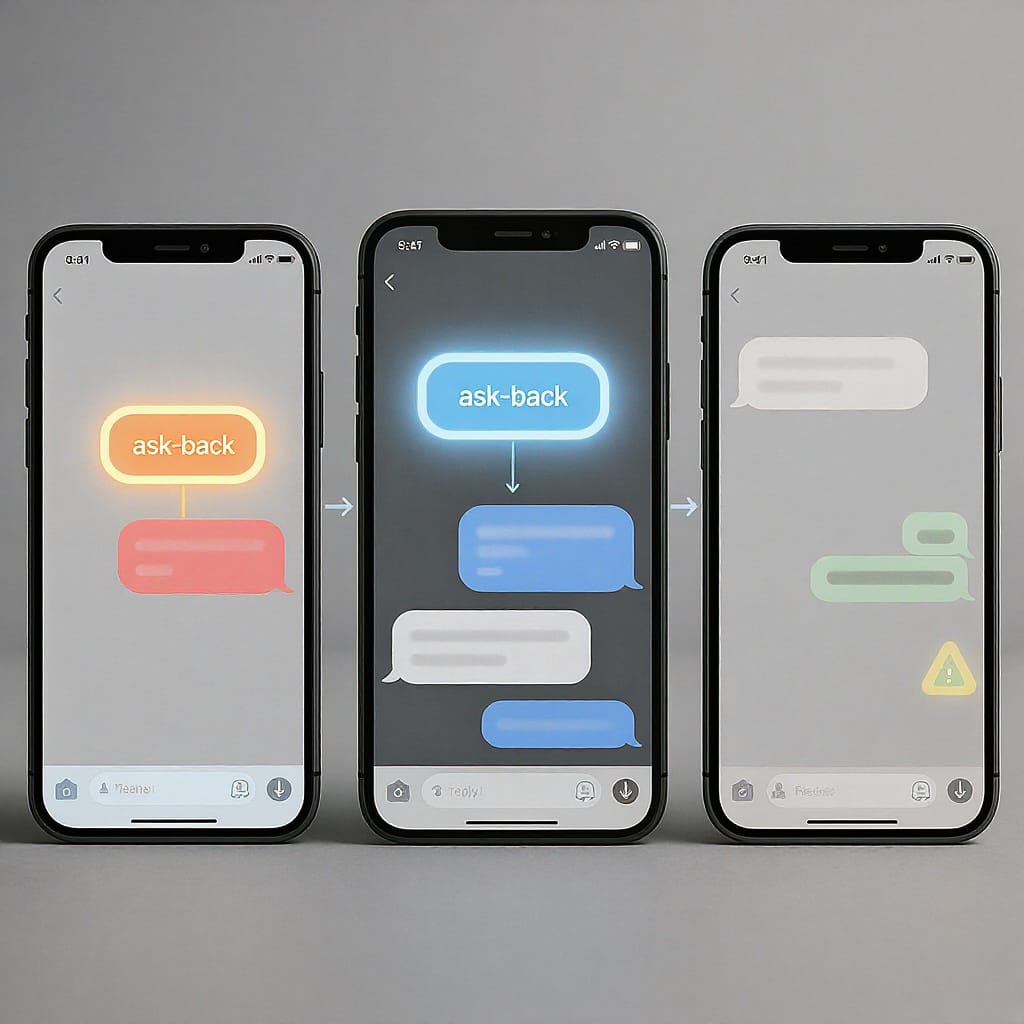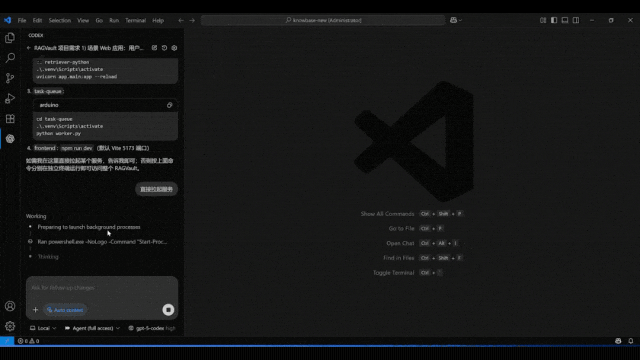What Does “WBU” Mean in Text? Definition, Usage, and Real Examples
Learn what WBU means in texting, where it came from, when to use it, and how to reply. Includes tone tips, etiquette, alternatives, and real chat examples.

Curious what “WBU” means in texts and DMs? This guide explains the meaning, origin, use cases, tone, and etiquette of “WBU,” along with alternatives, real conversation examples, and ready-to-send replies. By the end, you’ll know exactly when to use it, how to respond, and how to keep your chats clear, friendly, and efficient.
Quick Answer: “WBU” Means “What About You?”


- WBU is a casual abbreviation for “what about you?” used in texting and online chats.
- People use it to bounce the conversation back after sharing their own update, opinion, or status.
- It keeps dialogues two-sided, signals interest, and makes small talk smooth and efficient.
Examples:
- “Just finished dinner, wbu?”
- “I’m thinking comedy. WBU—action or thriller?”
- “I’m good, wbu?”
Why it works: WBU is short, friendly, and invites the other person to share—perfect for fast-moving chats and short attention spans.
Where “WBU” Came From
- SMS character limits: Early texting had 160-character caps, which encouraged shortening phrases.
- Instant messaging culture: AIM, MSN, and early mobile messengers popularized acronyms (lol, brb, ttyl).
- Platform spread: As users moved to iMessage, WhatsApp, Snapchat, Instagram, Discord, and TikTok, concise slang like WBU traveled with them.
- Globalization of internet slang: WBU is understood across many English-speaking communities, though its popularity can vary by age and region.
In short: WBU grew out of the same forces that produced “LOL” and “OMG”—speed, brevity, and the social need to keep chats moving.
How and When to Use “WBU”
Use WBU after you:
- Share your status: “At the gym rn, wbu?”
- Offer an opinion: “I prefer morning classes. WBU?”
- Answer a question and reciprocate: “I’m free Thursday—wbu?”
Best contexts:
- iMessage/SMS: Quick check-ins and planning.
- WhatsApp/Telegram: Group chats and one-to-one updates.
- Snapchat/Instagram DMs: Light, ephemeral conversation.
- Discord: Casual servers, gaming communities, study groups.
- TikTok comments: Short replies that invite a follow-up.
Tips:
- Keep it lowercase for casual tone: “wbu?”
- Use a question mark to soften the ask: “wbu?” reads warmer than “wbu”.
- Add context if the chat is cold: “I just wrapped class—wbu?” beats a standalone “wbu?”
Real Conversation Examples
Friends making plans:
A: Movie night tonight? I can do 8.
B: 8 works. I’m down for pizza—wbu?
A: Same. Let’s do pepperoni.Dating chat:
A: I’m more into hiking than gym workouts. WBU?
B: Same! I try a new trail every month.Family check-in:
Mom: We landed safely. Flight was smooth. WBU guys?
Kid: Just got home from practice. All good!Light workplace banter (informal channels):
Teammate: Taking a quick lunch break, wbu?
You: Grabbing a sandwich, back in 20.Gaming voice-to-text:
Player1: Dropping mid. WBU?
Player2: Rotating left, see you at river.Alternatives and Related Acronyms
| Acronym | Meaning | Typical Tone | Best Use | Example |
|---|---|---|---|---|
| WBU | What about you? | Casual, neutral | After sharing your own status/opinion | “I’m on campus, wbu?” |
| HBU | How about you? | Slightly softer/polite | General follow-up, semi-casual chats | “I’m good—hbu?” |
| WYD | What you doing? | Direct, very casual | Opening a conversation, quick check-in | “wyd rn?” |
| WRUD | What are you doing? | Clearer than WYD | When you want readability | “wrud this weekend?” |
| WBY | What about yourself? | More formal than WBU | Polite settings, careful tone | “I’m free after 4, wby?” |
How to choose:
- Prefer WBU when you’ve already said something about yourself.
- Use HBU if you want a softer feel (“how about you?” can sound more courteous).
- Open with WYD/WRUD when you want to start the topic rather than reciprocate.
- WBY is uncommon but can sound slightly more formal.
Tone and Etiquette
- Casual vs. curt: “wbu?” feels friendly; “WBU.” can read abrupt or demanding. The question mark matters.
- Capitalization: Lowercase “wbu” is standard. ALL CAPS can read as shouty or urgent.
- Punctuation: “wbu?” > “wbu” > “WBU?”. The first is warmest.
- Emoji and context: “wbu? 🙂” can soften tone; use sparingly in professional chats.
- Cross-cultural caution: Not everyone knows WBU. In international or mixed-age groups, spell it out (“What about you?”) for clarity.
- Formal settings: Avoid WBU in resumes, client emails, or official docs. Use full phrases.

How to Reply to “WBU?”
Short templates you can copy:
Busy or occupied:
- “Swamped with work atm, you?”
- “Heading out the door—catch up later?”
- “In a meeting till 3, will text after.”
Enthusiastic or positive:
- “Great! Just finished a run—wbu?”
- “Chilling at home, might start a show.”
Declining politely:
- “I’m tied up tonight, maybe this weekend?”
- “Can’t make it today, sorry—next time?”
Continuing small talk:
- “Same here. Any plans for the weekend?”
- “Nice! Tried any new places lately?”
If you want to steer the topic:
- “I’m good—wbu on that project timeline?”
- “I’m free Friday; wbu Friday vs Saturday?”
Common Misunderstandings and Pitfalls
- Confusing WBU with WB: “WB” often means “welcome back.” “WBU” is “what about you?” Different contexts entirely.
- Sounding abrupt: Dropping punctuation (“wbu”) or using caps (“WBU”) can feel blunt. Add “?” or a short lead-in.
- Accessibility: Screen readers may spell out letters; consider writing “What about you?” in mixed-ability groups or professional contexts.
- Clarity for non-native speakers: If someone seems confused, switch to the full phrase.
- Overuse: If every message ends with “wbu?”, it can feel like you’re not adding substance. Share a detail before asking.
FAQ
- What do wbu mean in text?
- It stands for “what about you?”—a quick way to ask for the other person’s status, opinion, or plan after you’ve shared your own.
- Is WBU rude or outdated?
- Not generally. It’s common and acceptable in casual chats. It can feel curt without a question mark or context, so “wbu?” is better than “wbu”.
- Is it okay to use WBU at work?
- In informal channels (team chat, quick DMs), yes—if your team uses similar shorthand. In client communications or formal emails, write “What about you?” or “How about you?” instead.
- Is WBU the same as HBU?
- Close, but not identical. WBU = “what about you?” often follows your own statement. HBU = “how about you?” is slightly softer and works well after someone asks how you are.
- Better formal alternatives?
- “What about you?”
- “How about you?”
- “What are your thoughts?”
- “How does that work for you?”
- Is there a regional difference?
- Usage is broad across English-speaking communities, but abbreviations are more common among younger users and in casual online spaces.
Quick Reference
- Meaning: “What about you?”
- Register: Casual
- Best after: You’ve shared your own status/opinion
- Add: A question mark for friendly tone
- Avoid in: Formal writing, cross-cultural or accessibility-sensitive contexts without explanation
Code-style variants you’ll see:
wbu?
Wbu?
wbu
WBU?In most cases, “wbu?”—lowercase with a question mark—is the safest, friendliest choice.
Summary
“WBU” is a compact, casual way to reciprocate interest and keep conversations balanced. Use it after sharing your own update, opt for a question mark to keep the tone warm, and switch to full phrases in formal or mixed-audience settings. With the examples and templates above, you can use—or reply to—“WBU?” with clarity and confidence.



